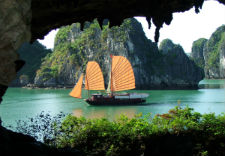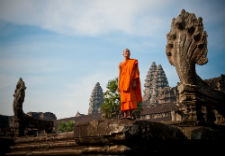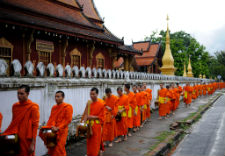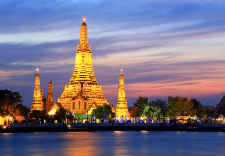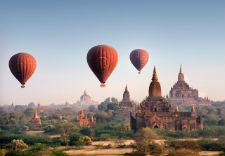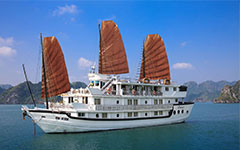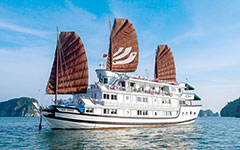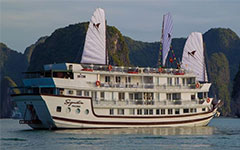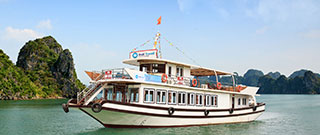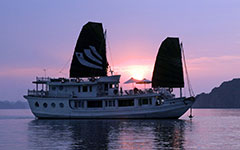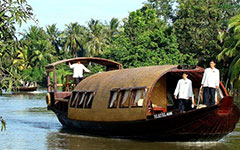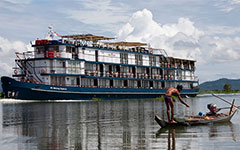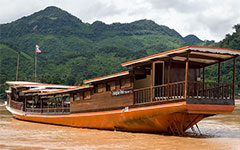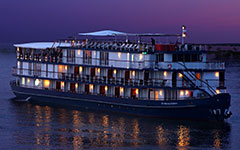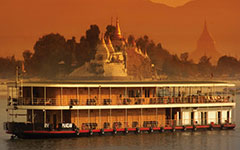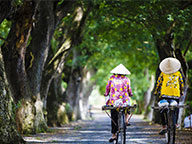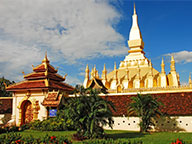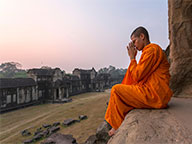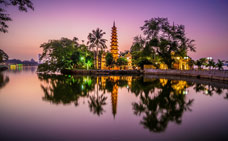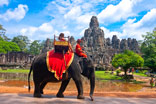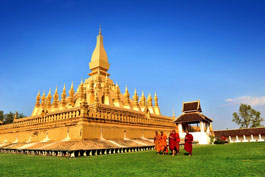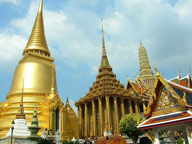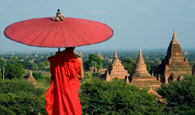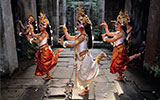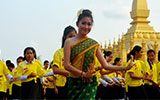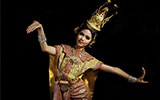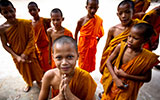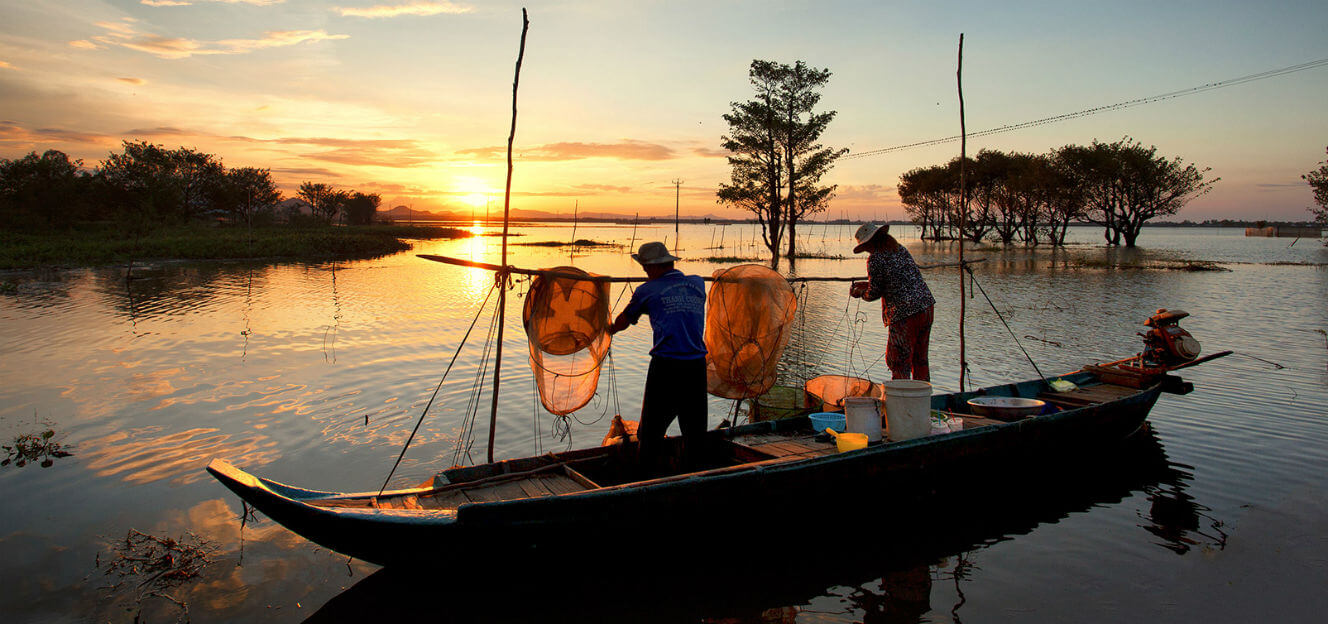Local currency
The currency of Thailand is the Thai Baht
Baht (THB; symbol ฿) = 100 satang. Notes are in denominations of ฿1,000, 500, 100, 50, 20 and 10. Coins are in denominations of ฿10, 5, 2 and 1, and 50, 25, 10, 5 and 1 satang.
**** 1 USD = about 35 Thai Bath
You can check the exchange rate at: http://www.xe.com/currencyconverter/convert/ for daily rate:
Thai currency facts
- The Thai baht is the sole legal currency of Thailand, and is issued by the Bank of Thailand
- In 2007 the Bank of Thailand introduced a new silver 2 baht coin that was only slightly larger than the existing one baht coin, and consequently very easily confused. You will often find that someone has written a number ‘2’ on the coin with a marker, in order to differentiate it. A new, brass-coloured, 2 baht coin was issued in 2009, in order to reduce this confusion
- The satang coins are so low in value as to be almost worthless, and once received are very hard to dispense with. Some tourists keep them as souvenirs; others give them away to beggars, or as tips
Credit cards:
American Express, MasterCard and Visa are widely accepted. ATMs are found in all major cities and almost all provincial banks.
ATM:
ATMs are found in all major cities and almost all provincial banks.
Travellers cheques:
Accepted by all banks and large hotels and shops. To avoid additional exchange rate charges, travellers are advised to take traveller's cheques in US Dollars, Euros or Pounds Sterling.
Banking hours:
Mon-Fri : 0830 Am -1530 PM
The import and export of local currency is limited to ฿50,000. The import and export of foreign currency is unlimited, but amounts over US$20,000 must be declared.
Foreign currencies can be exchanged at banks (which have the best rates), hotels (which charge high commissions) and bureaux de changes can be found in larger towns (generally open 0800-2000). Outside large towns and tourist areas, notes higher than a Bath of 500 may be difficult to exchange, so visitors are advised to carry small change.
Thailand duty free
The following goods may be imported into Thailand without incurring customs duty:
• 200 cigarettes or 250g of cigars or tobacco.
• 1L of alcohol.
• Goods to the value of ฿10,000.
Prohibited imports include obscene and pornographic objects and publications, goods displaying the Thai national flag, narcotics, counterfeit currency, fake Royal/official seals, and pirated and counterfeit goods.
Restricted imports include drugs, food, weapons and ammunition, antiques and artworks, and endangered species.
Any drug-related offences are severely punished and may result in life imprisonment or even the death penalty.
There are restrictions on the export of illegal drugs and all firearms and ammunition. The export of antiques or artworks requires a certificate of authorisation from the Department of Fine Arts in Thailand.
